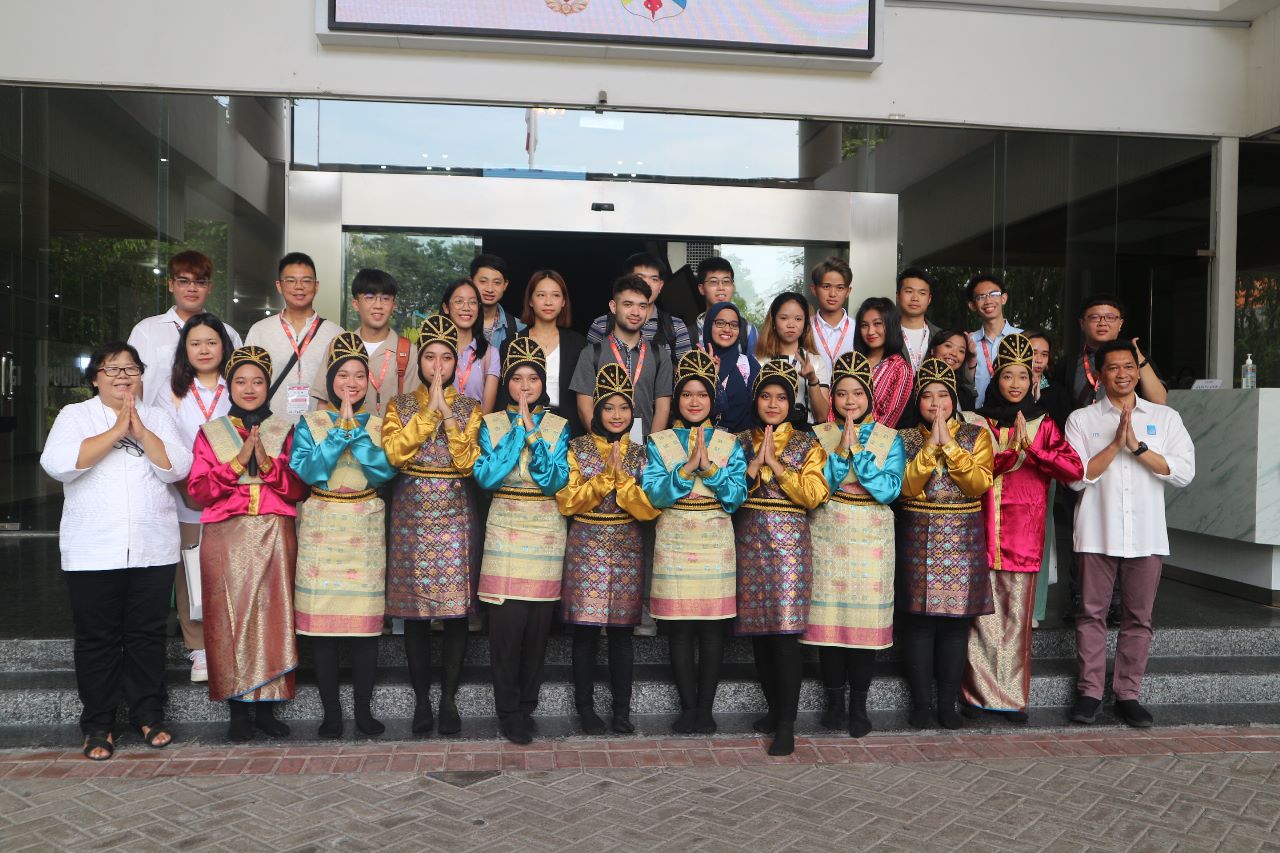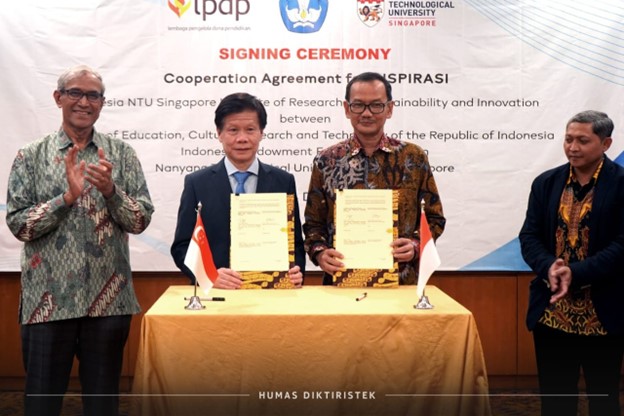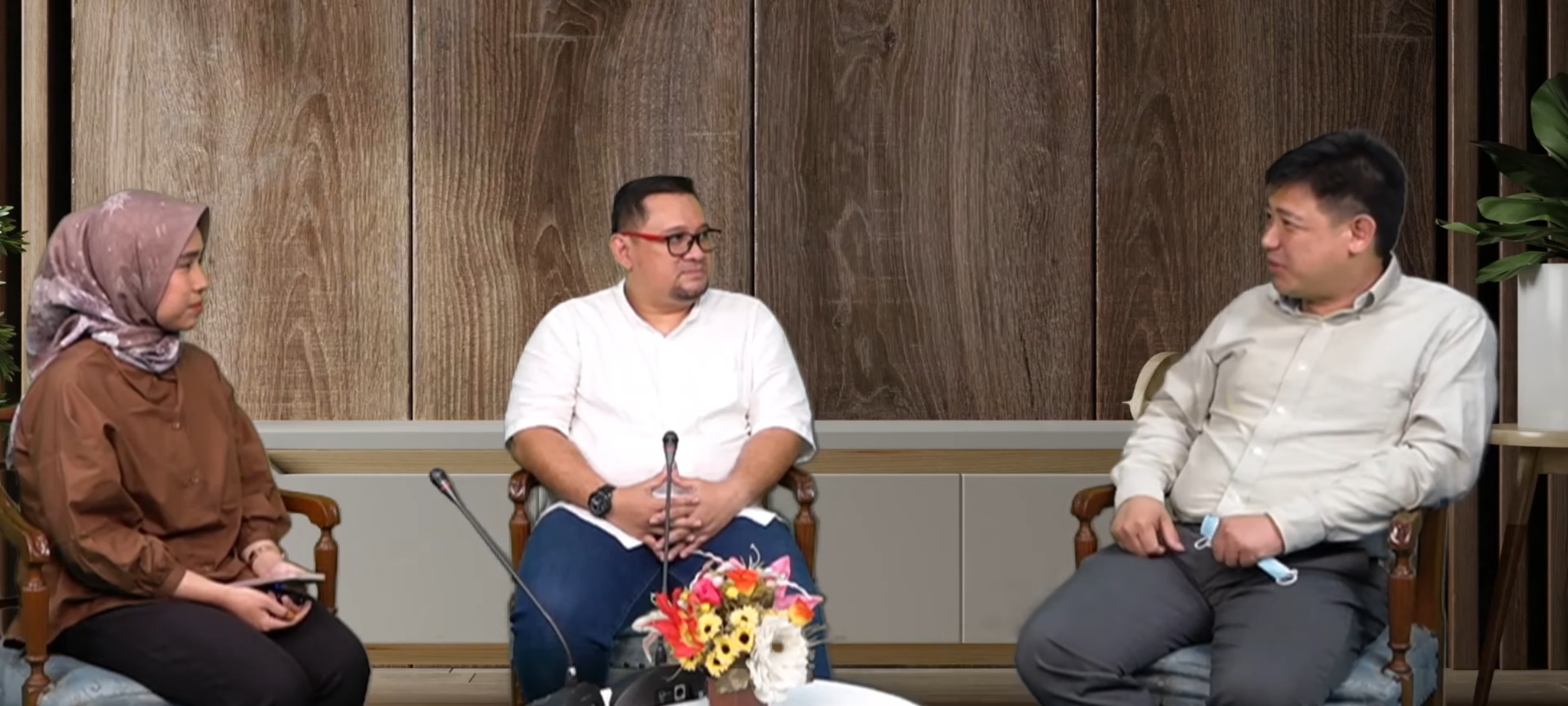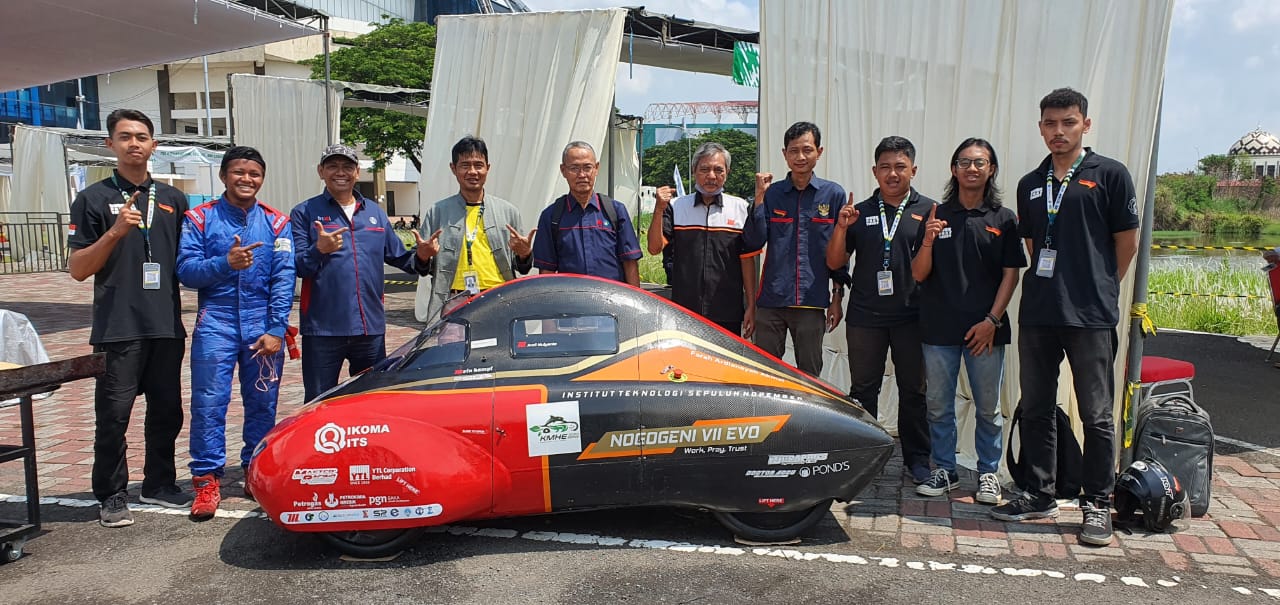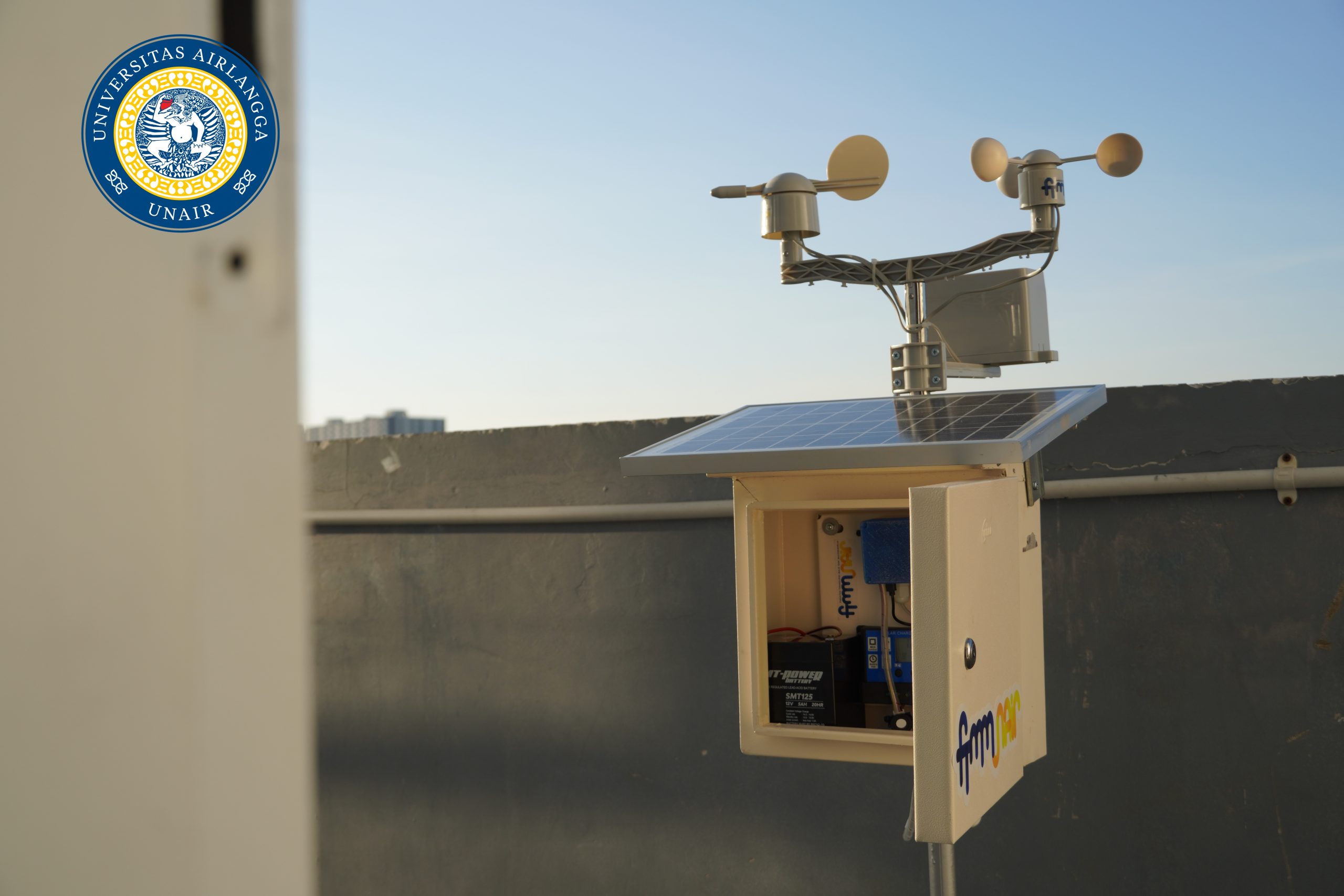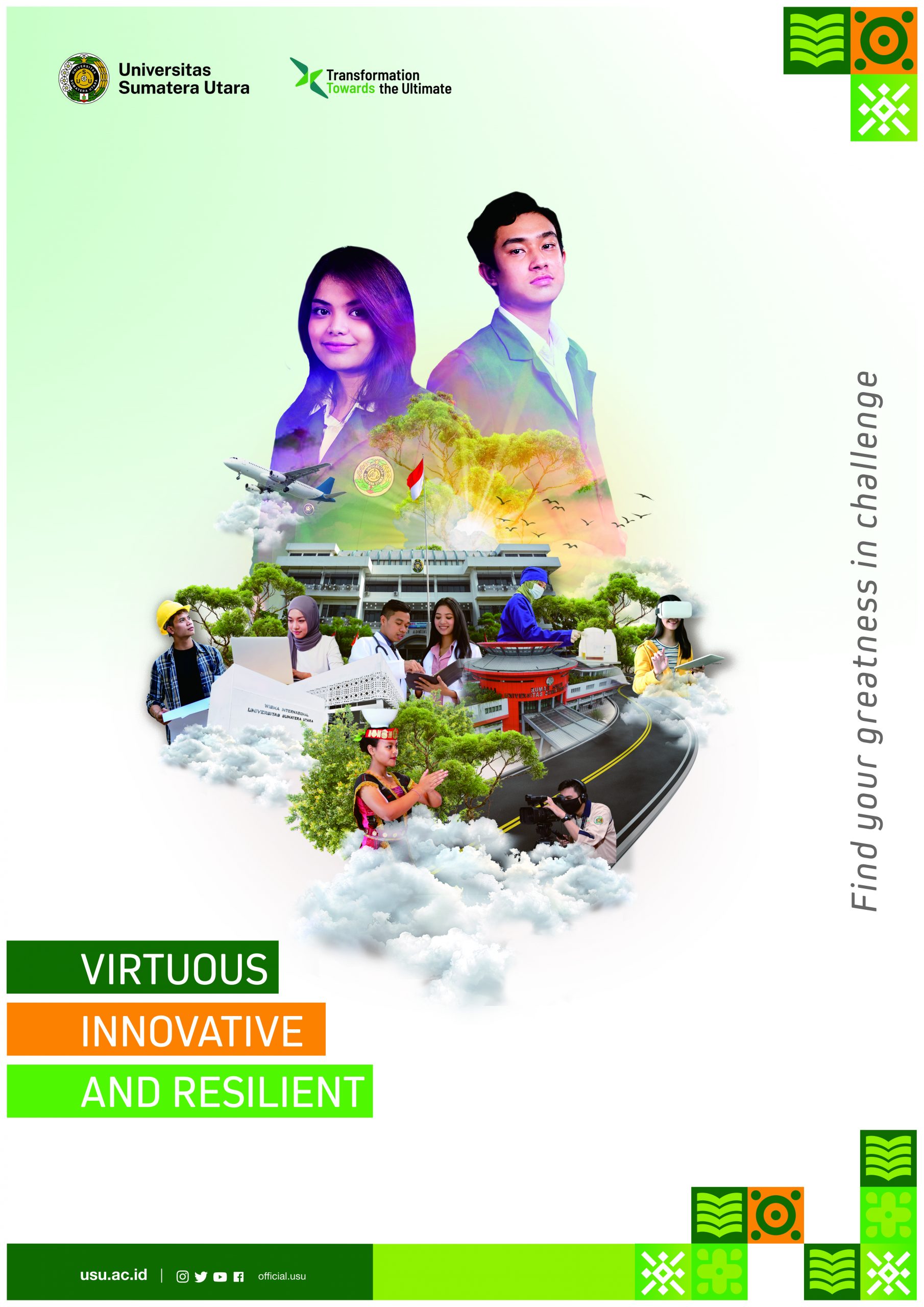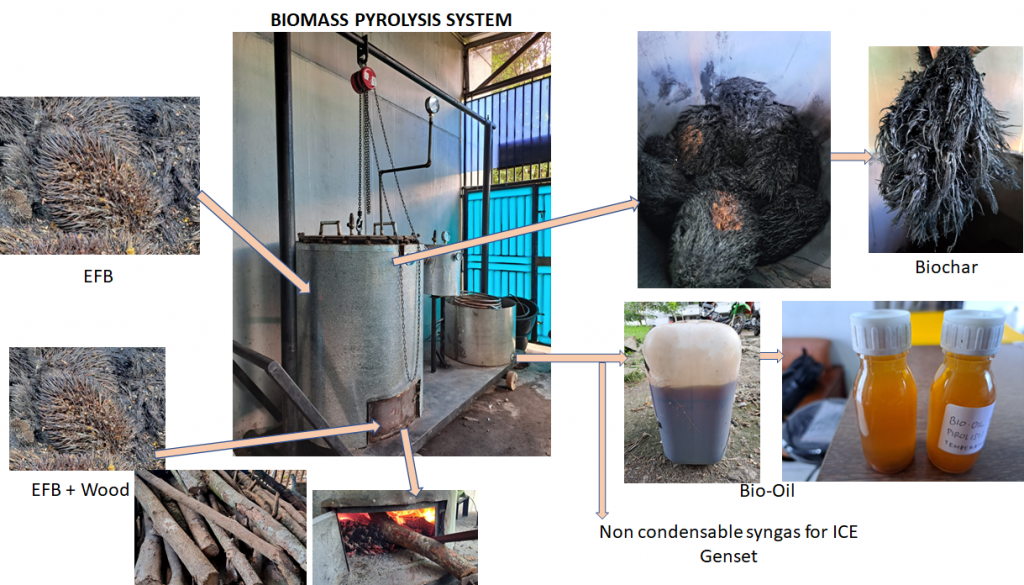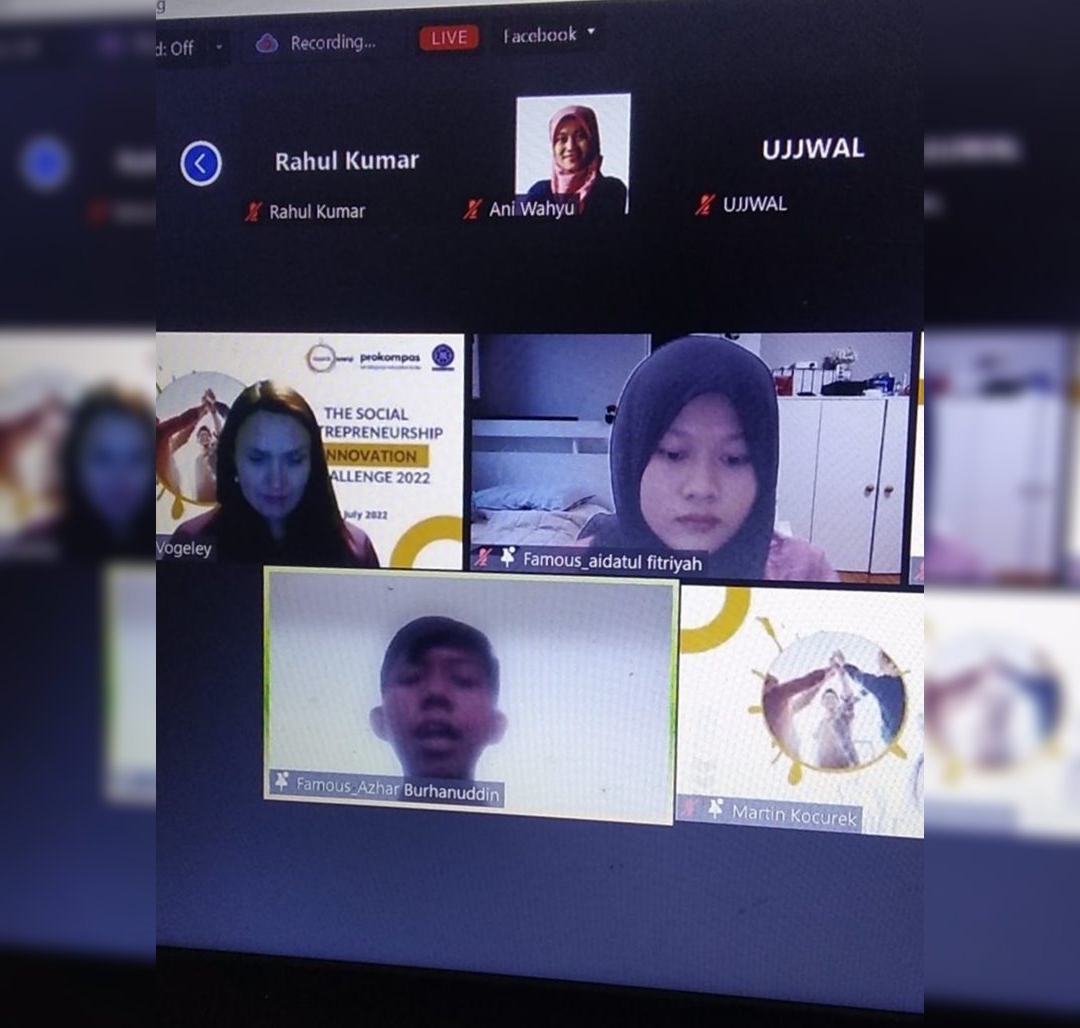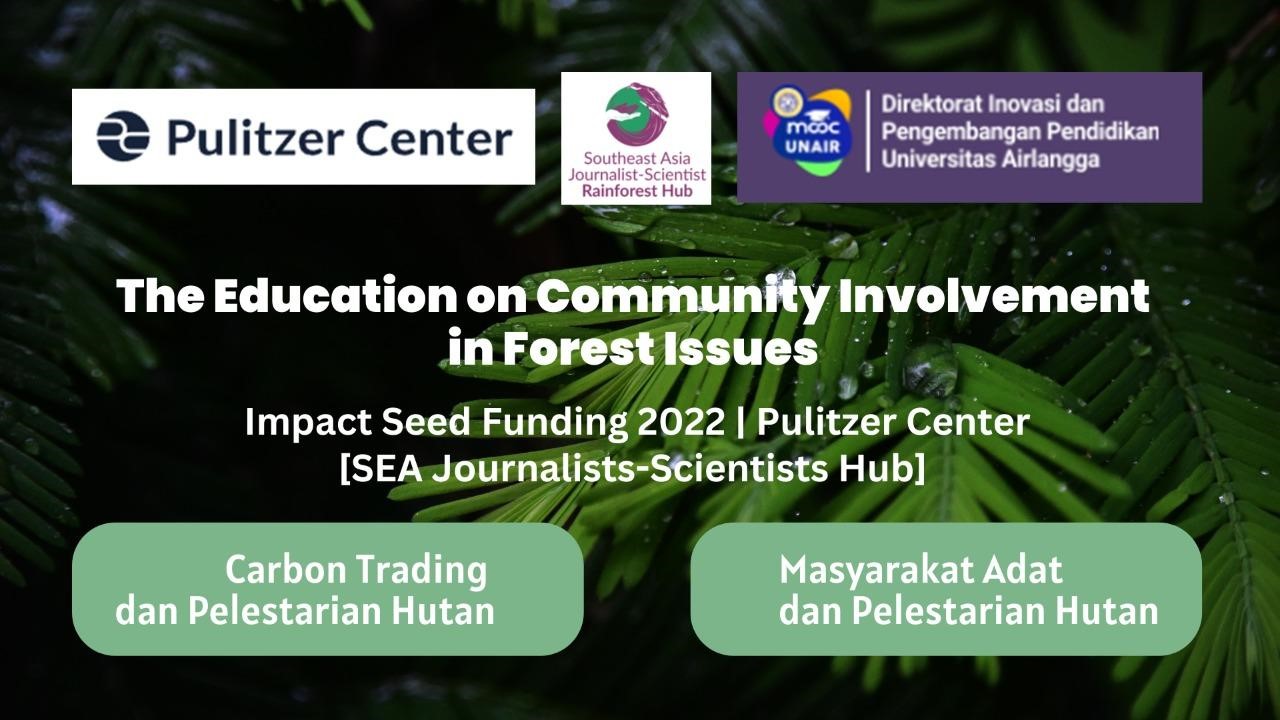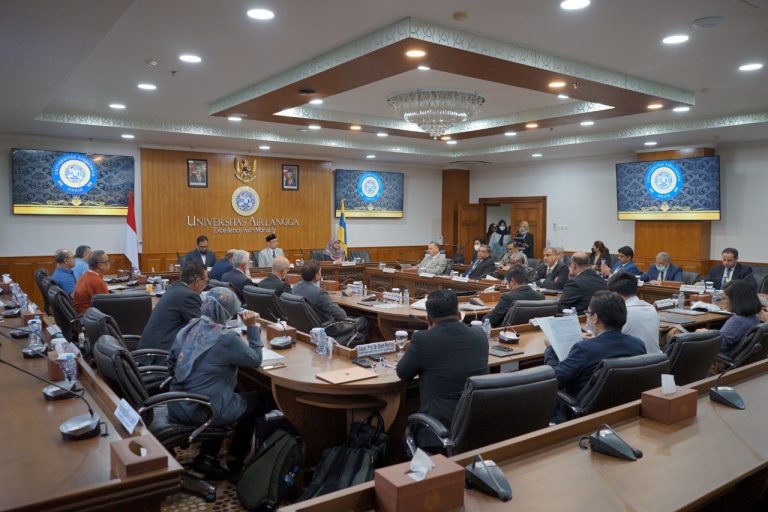Universitas Airlangga keeps making innovations in various fields. The latest research team from the Faculty of Advanced Technology and Multidiscipline (FTMM) has innovated through a weather and air quality monitoring device with an internet of things (IoT) system called AIRFEEL. This innovation obtained an IPR (intellectual property right) in 2021.
Prisma Megantoro, the research team leader, said that AIRFEEL is a device that can be used to measure weather conditions and air quality, equipped with various sensors.
“AIRFEEL can be used to measure temperature, air humidity, air pressure, wind speed and rainfall. This device is equipped with seven air sensors that are used to measure pollution, such as ozone, CO2, CO, hydrogen, methane, and others,” said Prisma to UNAIR NEWS, Thursday, January 19, 2023.
AIRFEEL is also equipped with a field station consisting of sensors and controllers whose measurement results will be uploaded to the internet server and base station for further storage.
Research journey
AIRFEEL development was in four versions. The first version was designed in 2020 before finally experiencing various developments as it is today.
“This research started in 2020, which was overseen by us, novice lecturers, and chaired by,” said Prisma.
The first version was then developed into a second version with broader functions and uses. It was followed by the establishment of a research center at UNAIR FTMM focusing on the visibility of renewable energy power plants in Indonesia.
The development of third version was started in 2022. AIRFEEL has added sensors to measure O2, CO2, and CO in this development. The third version of AIRFEEL was successfully used in ACHD UNAIR community service activities in Sumenep, Madura.
Meanwhile, the fourth version will continue to be developed with various additions and system updates.
“The fourth version will be developed more broadly. Later it will be equipped with Android and hardware versions,” said Prisma.
Benefits and uses
According to Prisma, knowing the weather conditions and air quality is essential to anticipate the worst possible natural phenomena. With increasingly uncertain weather conditions and air quality, especially in Surabaya, AIRFEEL is really needed.
“First, of course, because it is important to know the condition of air quality in our environment. Therefore, the first trial of AIRFEEL was conducted at UNAIR Campus C,” said Prisma.
“Furthermore, weather monitoring from the AIRFEEL device is also important, especially related to knowledge of weather conditions and climate change,” he added.
In a broader sense, AIRFEEL can be used by academics, students, the public, and industry to measure weather conditions and air quality in various locations and under different conditions.
“It has many benefits. In the scientific field, for example, AIRFEEL can be used in the fields of instrumentation, environment, health, and other fields. AIRFEEL can also be used to measure the potential of wind energy and solar energy. And, AIRFEEL can be a research supporter for other fields of science related to weather and air quality,” said Prisma.
Even though he succeeded in creating this innovation, the research led by an FTMM UNAIR lecturer had its challenges. FTMM, at that time, was still a completely new faculty, so the research was carried out without the students’ support.
By the end of 2020, this research was carried out in collaboration with FTMM students so that development could be more extensive and sophisticated.
“At the end of 2020, students supported us. It will continue in 2021-2022 so that this device can be more sophisticated and its development can be more extensive,” said Prisma.
In the future, Prisma hopes that the development of AIRFEEL can continue with various additional innovations and more sophisticated systems. Apart from that, he also hopes that AIRFEEL can attract industry interest and bring benefit to a wider community.
“I hope this product can attract industry interest and be used as a supporting device. Secondly, I hope that this tool can be widely used in society and can improve people’s lives, such as for tourism and environmental needs, “he concluded.



